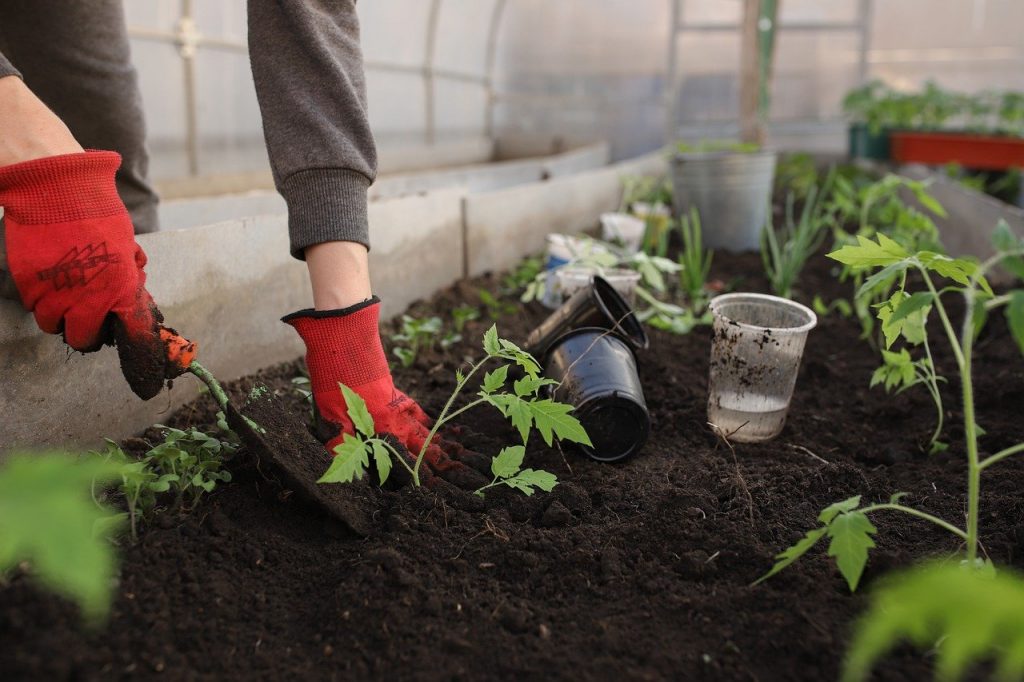News
Nations pledge to shift to low carbon farming at COP26

GLASGOW, Scotland – Twenty-six nations on Saturday made new pledges to alter their agricultural policies to become more sustainable and less polluting, and to invest in research needed for sustainable agriculture and protecting food supplies against climate change.
All continents were represented, with countries including India, Colombia, Vietnam, Germany, Ghana, and Australia.
Brazil said it will scale its ABC+ low carbon farming program to 72 million hectares, which could save a billion tons of emissions by 2030.
Germany pledged to lower emissions from land use by 25 million tons by 2030, while the UK announced it aims to engage 75 percent of farmers in low carbon practices by 2030.
The UK also announced funding of £500 million (USD675 million) to support the implementation of the Forest, Agriculture and Commodity Trade (FACT) Roadmap that was launched during the World Leaders Summit earlier this week, in which 28 countries are working together to protect forests while promoting development and trade.
Newly made pledges will support to implement the Glasgow Leaders’ Declaration on Forests and Land Use, which is now endorsed by 134 countries covering 91 percent of the world’s forests.
The Declaration aims to halt and reverse forest loss and land degradation by 2030.
“If we are to limit global warming and keep the goal of 1.5C alive, then the world needs to use land sustainably and put protection and restoration of nature at the heart of all we do,” said COP26 President Alok Sharma.
“The commitments being made today show that nature and land use is being recognized as essential to meeting the Paris Agreement goals,” he said.
The World Bank will commit to spending USD25 billion in climate finance annually to 2025 via its Climate Action Plan, including a focus on agriculture and food systems.
In another important development from the private sector, nearly 100 high-profile companies from a range of sectors committed to becoming “Nature Positive.”
Commitments include supermarkets pledging to cut their environmental impact across climate and nature-loss, and fashion brands guaranteeing the traceability of their materials. (Anadolu)





















